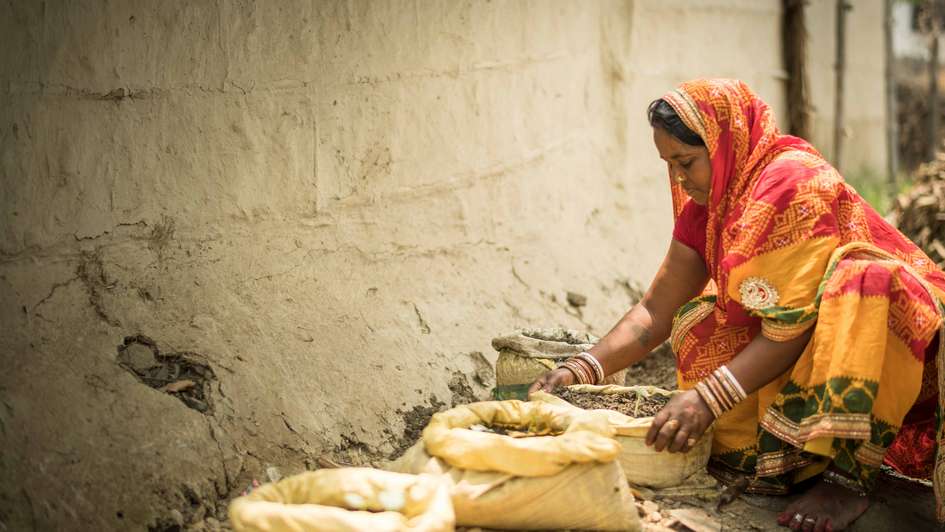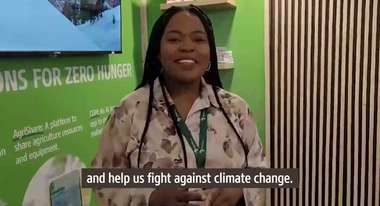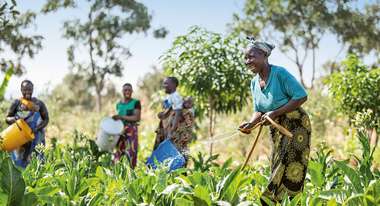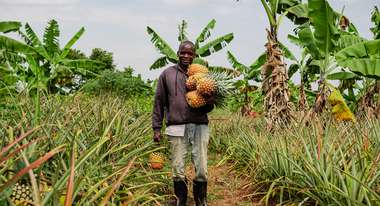UN Pact for the Future: Statement by Mathias Mogge
"The UN Summit of the Future [...] must have a clear and actionable commitment to a fundamental transformation of food systems and includes the human right to adequate food for all", warns Mathias Mogge, Secretary General of Welthungerhilfe.

Welthungerhilfe (WHH) Secretary General Mathias Mogge comments on negotiations on the UN Pact for the Future and the UN Summit of the Future on September 22/23 in New York:
“The UN Summit of the Future at the end of September takes place at a time when populism and anti-democratic tendencies are on the rise, and nationalism seeks to displace multilateralism. However, there are no national solutions to global challenges such as climate change or hunger; the global community must work out solutions together at the United Nations and according to democratic rules. Only with a multilateral approach can we ensure that we leave no one behind.
733 million people worldwide are still going hungry. The global food system is not designed to overcome hunger, prevent malnutrition or overnutrition, or support sustainable livelihoods. We need a transformation of food systems that will enable ten billion people to eat a healthy diet in the future without destroying nature and the climate. The fight against hunger can only be successful if food is produced fairly and sustainably from field to fork.
The UN Summit of the Future must send a strong signal through its signature document, the 'Pact for the Future'. It must have a clear and actionable commitment to a fundamental transformation of food systems and includes the human right to adequate food for all. This shows that governments are aware of their responsibility for the food security of people in their own countries. If they incorporate this fundamental human right into their national legislation, citizens can hold governments accountable and demand that their right to food is protected.
In addition, the implementation of the Sustainable Development Goals must be adequately financed. The German government must work to ensure that UN Secretary-General Guterres' call for $500 billion US dollars annually is taken up and that a reform of the international financial architecture for future challenges is finally tackled. The 'Pact for the Future' must not become a pact of the lowest common denominator. Under no circumstances must it fall behind the 'Agenda 2030'.”
Terms of use: Please note that images provided may only be used in context with Welthungerhilfe and may not be passed on to third parties. Images must be credited with "photographer"/Welthungerhilfe. No long-term archiving. Please delete images after use.
Welthungerhilfe is one of the largest private aid organizations in Germany; it is politically independent and non-denominational. With courage and determination, it is striving for a world without hunger. Since it was founded on December 14, in 1962, 12,128 overseas projects in about 72 countries have been supported with 5.07 billion euros. Welthungerhilfe follows the principle of empowering people to help themselves to sustainably improve their living conditions, through approaches reaching from fast disaster relief to reconstruction and long-term development cooperation projects with national and international partner organizations.



